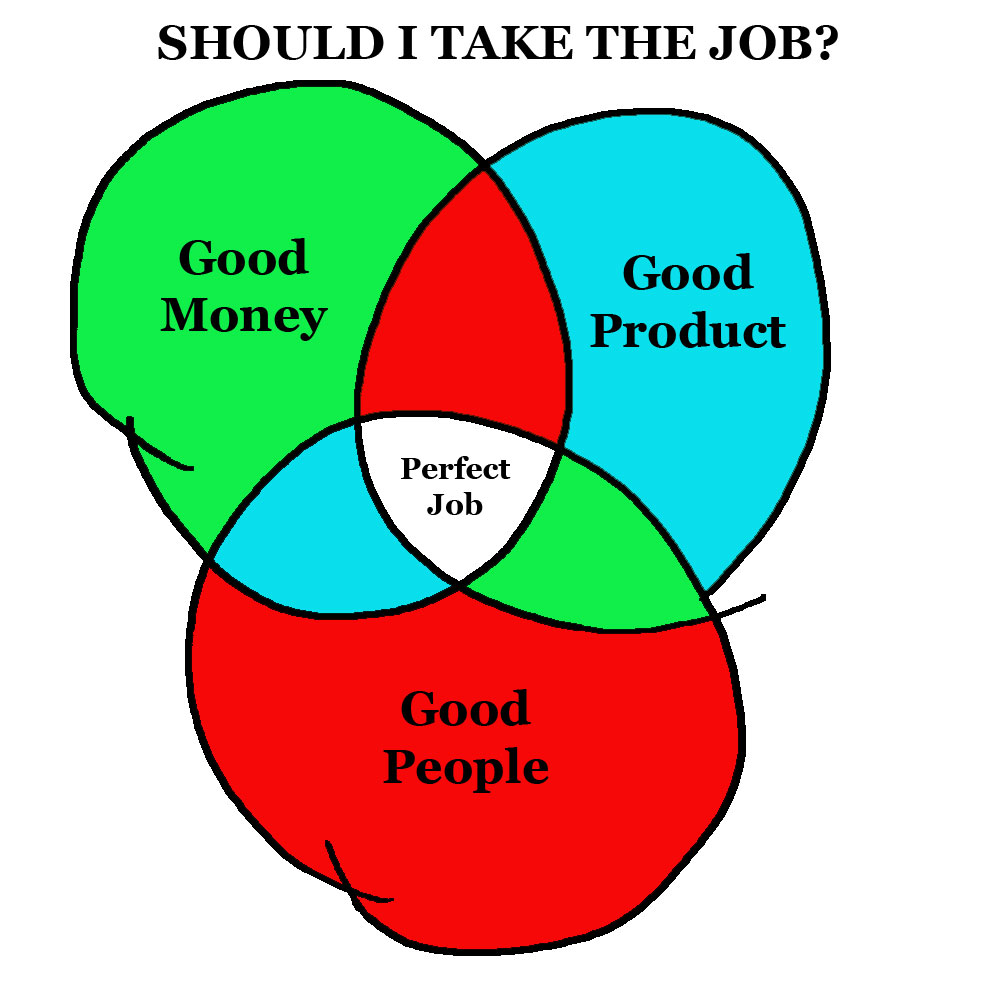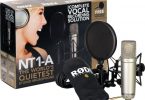If you’re just starting out in the film business and are wondering how do you get from where you are, to where you want to be – in my case working full time as an editor and getting paid to do what I love, then hopefully these broad brush strokes will help you on your way…
How to get started in the ‘film business’
I’m going to break this down into four broad areas: Skills, Experience, Relationships and Work and try to make some helpful comments as I go.
1.Skills
You could spend thousands of pounds/dollars going to film school and learning all about how to make films there. If you’ve got the time and the money, go for it. You will in all likelihood make friends for life, learn what you like to do and do not like to do and get some practice of your chosen craft under your belt. But unless you specialise and practice in one particular skill (editing, cinematography, sound recording or design, producing, writing, directing etc) you might not leave with the level of skill you need to actually get paid to do what you love. So one of the first things you need to do is to become competent with the tools you will need to make a living.
So learn the tools and practice the skills you need. In our case that’s editing. In these days of trial versions, DSLR filmmaking and the plethora of tutorials, tips and training on the internet there really is no excuse not to be learning how to edit in Final Cut Pro, Adobe Premiere or Avid.
Tips: Download trial versions, buy student priced software/hardware while you can. Buy a laptop and edit anything you can get your hands on. Avid and Adobe have web tv channels dedicated to teaching you their products.
Which NLE should I learn?
To be honest you can stick two shots next to each other in pretty much any program. You can even do it with sticky tape just like in the old days if you’re lucky enough to holding some real film. Learn the one you have. If you’re just starting out and don’t have any then I would suggest learning Avid (because the majority of the big film, TV and established post-houses are still running Avid in some form). Personally I don’t know Avid because I’ve not made the time to learn it, but its the only system I’ve ever lost work by not knowing. So with the death of FCP7 and the not yet worthwhile state of FCPX, if I was starting over again I’d learn Avid or Premiere (with the entire adobe ecosystem in mind) or FCP7 if you can get a copy somewhere. Learn as many as you can and learn the keyboard shortcuts. Shortcuts make you fast, fast gets you hired again.
Tip: Pay attention to the market demand in your world. If your clients/employers keep asking if know program X or know how to do Z (eg motion graphics – most likely After Effects or if you can colour grade – Color, DaVinci Resolve etc) then start to plan to make time to learn those skills, adding to the tools and talents that will keep getting you hired.
Where can I learn how to edit?
For video tutorial based training I’d recommend anything by Larry Jordan on Lynda.com or anything from the guys at Ripple Training. Comprehensive, step by step instructions that will teach you the programs and give you good principles to apply in real world client settings. For more check out the rest of this site, the side bar links, weekly digest, suggested newsletters or just hit google.
But these videos will only get you so far and you’ll learn far more ‘on the job’ than you ever will at home watching someone else make it look easy. So don’t wait till you’re ready, just get out there and get learning on the job. The worst that can happen is you might look a bit foolish or get fired and after the first couple of times, you’ll realise its not such a big deal. Practice is the only way to get better and google usually has the answer!
2. Experience
How do you get to ‘learn on the job’ well the simplest way to get your foot in the door is just to do freebies. You get experience, learning opportunities, practice on real footage for real clients with real deadlines. You get to meet people and get to know them (and who knows where that could lead). You don’t get paid, but hey, that’s ok at first.
Tip: When you do freebies, or any work for that matter, make sure you keep a copy of the work, get it up on your website so when people can ask to see something you’ve done before its accessible 24/7. You don’t need anything fancy just get a free Wordpress site and upload your work to Vimeo. Done.
After the few dozen freebies you will probably know what you’re doing and be getting faster at it so don’t be afraid to ask/push for payment. Cover my expenses, buy my lunch, a token thank you payment is all I ask etc. When your first real paying gig comes along – make sure you do take it and don’t offer up any of the self doubt that makes you feel like someone shouldn’t be paying you to do what you love, or that you’re not ‘worth’ X per day. You have a skill, you have a talent and if you want to make a career out of it you have to be comfortable talking about money, and expecting to get paid like everyone else.
Freelance business tips
1. Push up your rates with every new client because its hard to get old ones to go up and its very easy for you to go down. As you genuinely do improve your skill level and have more experience under your belt you should become ‘more expensive’.
2. Freelancers should be ‘expensive’ per day because you really need to get to the point where you are factoring in all the things than an employed person gets – holiday, sick pay, pension, plus a bit for all the days you’re not working.
3. Get a separate bank account for your taxes. Getting paid ‘gross’ (before tax) it can feel like you’ve got plenty of cash to go around. You don’t have as much as it feels. When that money hits your account put aside 30% into a different bank account. This will cover you taxes, national insurance and student loan repayments (here in the UK) and will help you to stump up the cash you’ll need to pay the tax man. You can’t spend what you can’t see.
4. In the early days I certainly wasn’t working all the time (I still don’t work all the time now, just more of the time!) and so I had lots of time off – make use of it! Learn stuff, do freebies, meet people, pitch projects to clients and friends. Make stuff happen. Enjoy your freelance days while everyone else is stuck in the office! But eventually you’ll also probably need some money to live on. I often fell into the habit of borrowing money from my tax account to tide me over until I was working again. This is OK if you’ve got time to pay it back but not a great long term solution. So a good idea is to work out what you need to live on for about 3 months and try to save that cushion into (another) separate account. It might take you a while, but it will save you if you ever hit a dry stretch.
3. Make friends promoting others
Keeping up with your film school chums, being genuine with your clients and doing freebies will all help keep your ‘network’ growing. You can trawl through sites like Mandy, Shooting People or Production Base but personally I think you’re better off walking (by foot) your CV round to the post houses, production companies or whoever it is you actually want to work for and handing it in, in person.
Team up with other people who are doing what you want to do. Lots of my new clients have come through an editing friend who is usually their go-to-guy but when he’s busy, they still need someone and he often recommends me. When I have to turn away work, I recommend him. Your clients are happy, your friend is happy, you’re happy. Everyone wins. The freelance world is definitely all about who you know. So be friendly, be helpful, don’t grumble or complain and honestly try to serve your clients by recommending good people when you can’t help them yourself.
4. Work
Do what you love, love what you do. Don’t give up until you get to where you want to be. Persistence is crucial. If you really want to do this one particular thing, be it editing, shooting, directing, grading whatever, then stick it out till you’ve made it and make sure you enjoy yourself along the way. Decide what kind of projects you want to work on and find the people that do those kind of projects. If you want to get into commercials, run at a post house that does lots of commercials.
Also remember that working hard on this job, the one right now that feels boring or uncool or not as exciting as you’d hoped, is still the best investment towards getting better at editing, building a reputation for delivering good work and to keep getting paid.
My friend Bernie says the forumla below is the best way to sift the good jobs from the bad. Chances are money will more often than not be the deciding factor and that’s ok. But if that’s the only on going reason you’re doing what you’re doing then start to look for the other two as well.
How can I become a great assistant editor?
In the old days it used to be that editors had a team of assistants to help them prep the project, do lots of the boring technical leg work and allow the editor to get on with the art and craft of film editing. After serving your time as an assistant, learning from them and cutting the old scene here and there you got to take on your own gigs as ‘Editor’. These days having an assistant is usually reserved for big feature films, long broadcast docs and post-production houses where the editors just want to cut and not wait for transcodes on an expensive tab. But the skills you need to learn to be a good assistant will make you a good editor.
Evan Schiff has some great articles as does Mike Jones and Oliver Peters. If you’re just starting to get into film you can get a decent overall understanding from 2reelguys.com.





